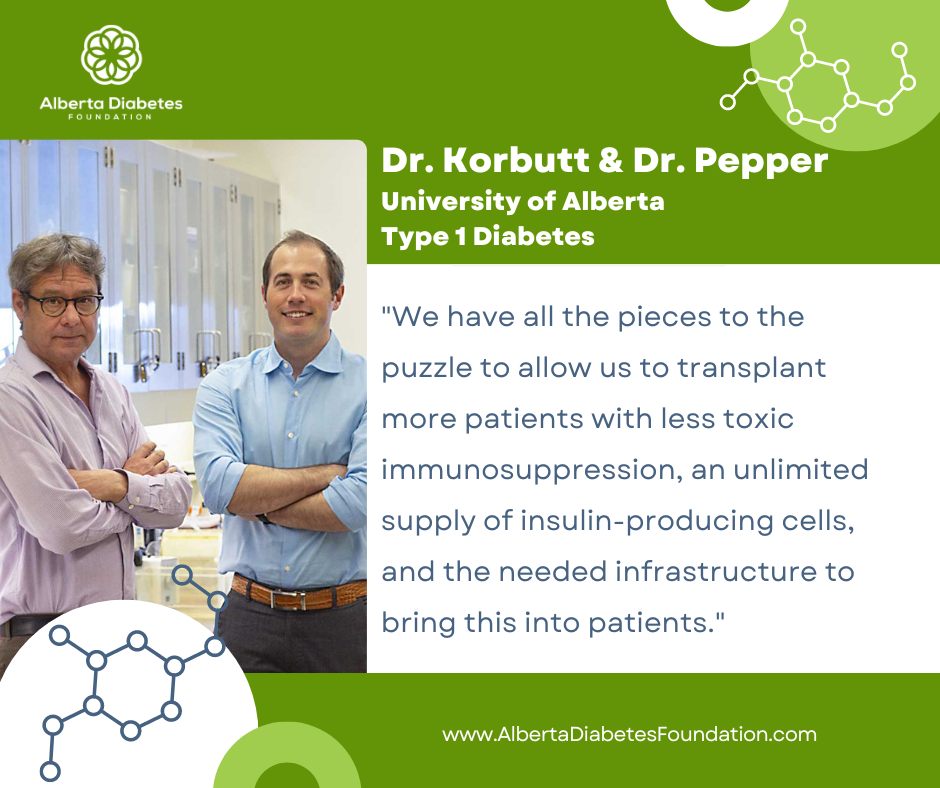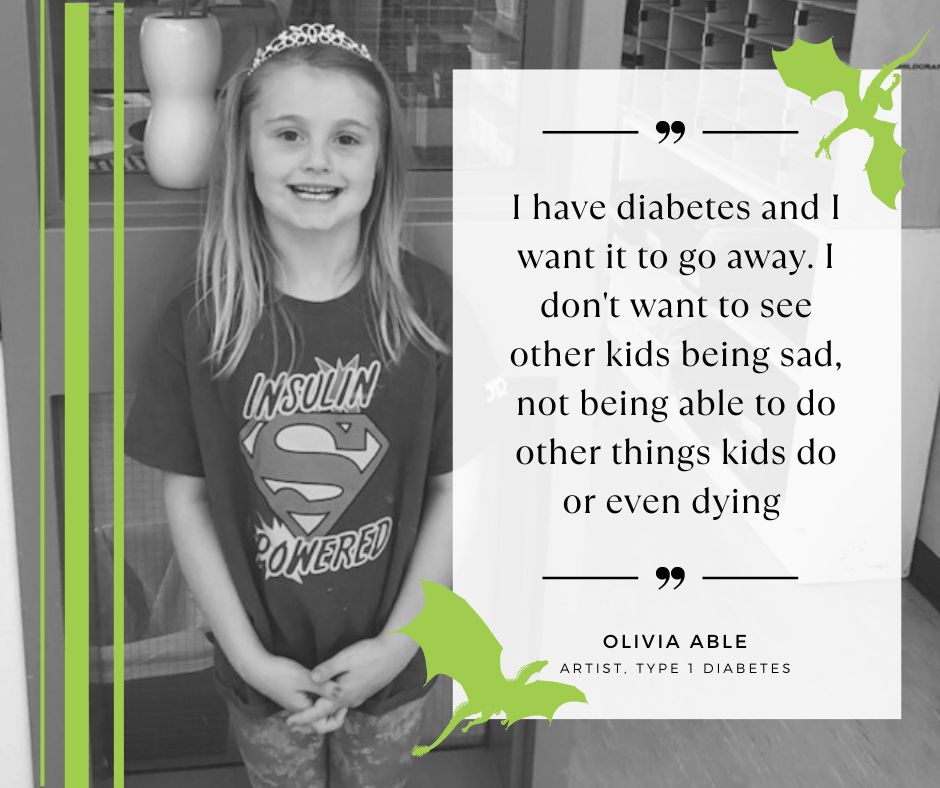Caring for Children With Type 1 Diabetes
Your child hasn't been acting like their spunky self lately. Do any of these symptoms sound familiar?

Symptoms
Imagine this. Recently you’ve noticed that your child hasn’t been acting quite like their usual self lately. You can’t quite pinpoint it, so you chalk it up to a rough week. But maybe that rough week turns into two. You start to think on their behaviour more and you grow more concerned; they are always asking for extra water or juice at breakfast, they seem to be constantly hungry, they’re rushing off to the bathroom more frequently, and they are tired as soon as they step in the door from school.
Although these symptoms may seem common for children who may not have had a good night’s rest or for those going through puberty, that’s not always the case. These symptoms should be taken seriously, and if you notice these in your child for a prolonged period of time, you should discuss a glycated hemoglobin (A1C) test with your doctor. An A1C test will determine your child’s average blood glucose level over the past 3 months. If your child’s A1C level is 6.5 or over, if could mean that they have Type 1 diabetes.
Diagnosis
As a parent, your child’s Type 1 diabetes diagnosis can be earth shattering for both you and your child. So many thoughts can go through a parent’s head; why does it have to be my child? How is my child going to live with this? How am I going to be able to give my child everything they need now that they have this condition?
Every parent and child will go through this journey in their own way, but it is important to know that Type 1 diabetes is a disease that can be managed, and proper management will allow your child to live a healthy life. As for the questions, you have as a parent, we would like to help by providing you with a few answers.
Why does my child have to be diagnosed with Type 1 diabetes? Where does Type 1 diabetes come from? What could wehave done as parents to prevent it?
Type 1 diabetes is not a preventable disease. It is a mixture of genes and environment. Although scientists do not know the exact cause of Type 1 diabetes , they do know that genes and environment play a role. They have figured out that individuals who have a certain type of HLA complex (human leukocyte antigen on chromosome 6) may be susceptible to Type 1 diabetes. This complex can create an autoimmune disorder that is triggered by a viral infection.
Simply put, when your body tries to fight the viral infection, it may also attack beta cells in your pancreas—cells that make insulin. This process usually takes several years before symptoms develop. The right combination of genes (HLA complex) and environment (exposure to a viral infection) can contribute to the onset of type 1 diabetes.
How is my child going to live with this condition?
Diabetes will be a day-to-day change in you and your child’s life. Your child will require insulin injections. You might even be required to administer insulin injections for your child depending on recommendations from the doctor. You will also want to revaluate the lifestyle that you and your child live. Focus primarily on the diet and exercise your child gets. And remember to stay on top of these few daily tasks you will need to complete:
- Administering
insulin
- Monitoring
blood glucose
- Making
sure that your child is eating a healthy, balanced diet with diabetic
guidelines (incorporating things like carb counting can help to manage blood
glucose levels)
- Ensuring that your child is getting exercise on a daily basis (involving them in two sports can mean practice up to four days per week and games on weekends)
Although it may not happen everyday, your child will go through highs and lows with their diabetes. Both diabetic highs and lows are serious and can be life threatening
Symptoms of a diabetic high and low are:
- Tiredness
- Irritability
- Blurry vision
Symptoms of a diabetic low also include:
- Headaches
- Excessive
sweating
- Paleness
- Shaking
You and your child’s first encounter with can be frightening. If you prepare yourself to know that symptoms and you are able to react accordingly, you can make your child feel safer in the earlier stages of this condition.
How am I going to be able to provide everything my child with everything they need to take this condition on?
The biggest change a parent can have on their child’s life is setting a great example. Your child relies on you and looks up to you. As a parent you should eat healthy, exercise, and take on proper responsibility for your own health. Your own accountability will benefit your child in the short-term and long-term. Additional support from friends and family will also help your child manage emotional and physical effects of the diabetes diagnosis. You may also consider joining a diabetes support group or participating in a run to fund diabetes research.
Advice from the following people can help ease the stress of your child’s diabetes:
- An endocrinologist
- A
pharmacist
- A nurse
- A
certified diabetes educator
- A registered
dietitian
- An eye
doctor
- A dentist
- A community of those who have children with Type 1 diabetes
As a parent, the best thing you can do for your child is simply to be there for them. Communicate with your child in a way that is supportive and will help to boost their self-esteem. Allowing your child to be open and honest with you will make treating diabetes that much easier.
No parent wants to see their children suffer. Remember that diabetes was not something that your child was marked for, and it isn’t your fault as a parent. As a family, you can work through this disease together, and put your child down a path of success.
LET'S WORK TOGETHER TO FIND A CURE.
VISIT US
1-020 Li Ka Shing Centre
University of Alberta
Edmonton, AB, T6G 2E1
Office Hours
Monday-Friday 8:30-4:00
If you would like to set up an appointment at our office, please set up an appointment by contacting us at
info@abdiabetes.com










